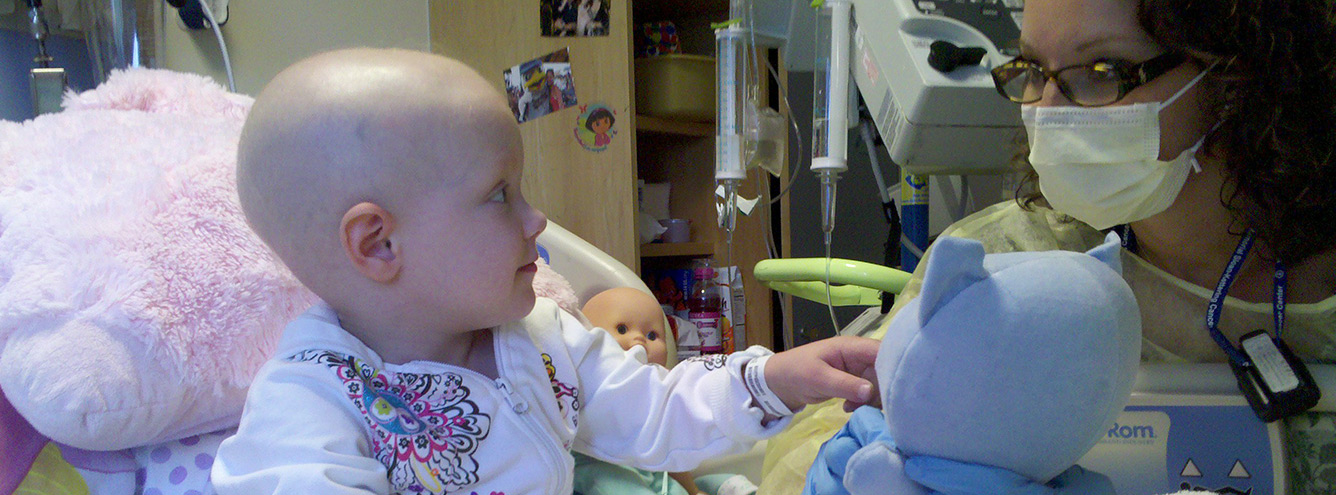Sharing the news of your child’s diagnosis is one of the first challenges you will face on your journey.
This is an crucial step forward in building a strong support network around your family as you embark on your child’s cancer care.
Whom you tell, and how much information you give, should be entirely your decision. Some families prefer not to tell people immediately, while others need to tell everyone within the first few days.
There is no right or wrong way. However, friends, relatives and work colleagues will naturally be concerned and will want to provide support, encouragement and comfort. Your news will probably spread quickly, even if you only tell a few people. This can lead to misinformation and harmful gossip if you do not share clear facts.
You are likely to be reeling from the diagnosis. Repeating the news to many different people can be particularly painful. For some parents however, it can be cathartic. The news slowly sinks in as family and friends offer much needed love, encouragement and help you focus on hope.
From Our Blog: Talking About Your Child’s Cancer Diagnosis With Family and Friends
Delegate
Asking a close family member or friend to pass on the news means you don’t have to face repeated stressful conversations and questions. Your children may need more attention right now, and it is important you do everything you can to remain positive, especially in their presence.
When asking a friend or relative to let people know about your child’s diagnosis, make sure they have the basic facts. Write them down so they are passed on correctly. Include a link to this Retinoblastoma Resource so people can find out more about retinoblastoma and how they can help your family.
Send an Email
Sending an email to a large group of people will ensure the correct facts are shared with everyone. This will prevent information being altered as it is passed from one person to the next. Again, add a link to this website so people know where they can go to find out more about retinoblastoma and how they can help you.
Share the Facts
How much information you share is entirely up to you. Explain as much or as little as you feel the need. There is no right or wrong way.
Most people will not have heard of retinoblastoma before. They may not understand the meaning or implication of terms like EUA, enucleation, central line or chemotherapy.
If you use medical terms, clarify meanings to avoid misunderstandings. Include a link to this website so the reader can find out more if they wish.
Tell people about white pupil in flash photos of young children, and how this can be an early sign of retinoblastoma. Direct them to our Leukocoria section so they can access comprehensive information to answer their questions.
Explain How People Can Stay in Touch and Help
If you have already created a strategy for keeping people informed about your child’s progress, explain this to everyone, and ask them to use it. Consider sharing contact information if you must travel away from home for treatment, or if your child has been admitted to hospital.
If you give the hospital room/ward telephone number, your child will be able to hear your end of any conversations. You may find it helpful to remind friends and relatives of this so they can be sensitive when they call. You may also want to remind people that your mobile phone may be turned off, according to the hospital’s rules.
Family and friends want to help, but often don’t know what is needed, or how to give that assistance. “Please let me know how I can help” can be one of the most frustrating phrases when you’re overwhelmed already. Consider signposting your community to our helpful section full of guidance specifically for Family and Friends.


